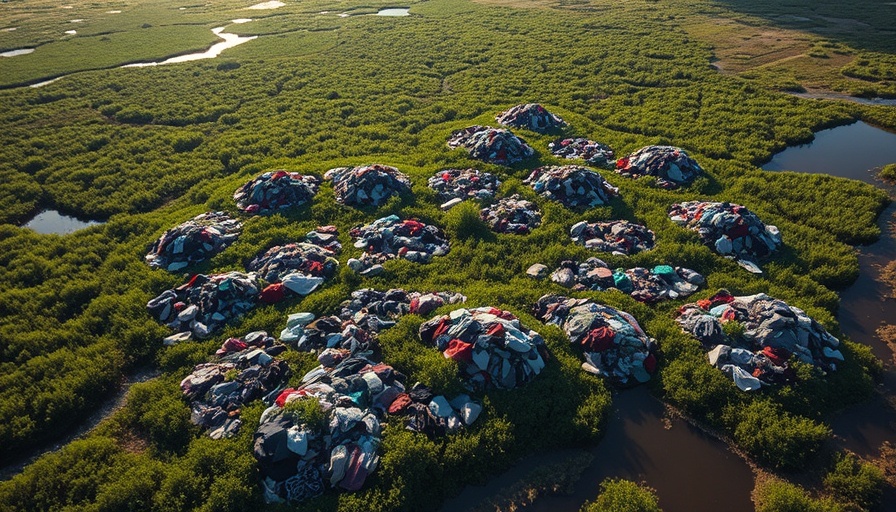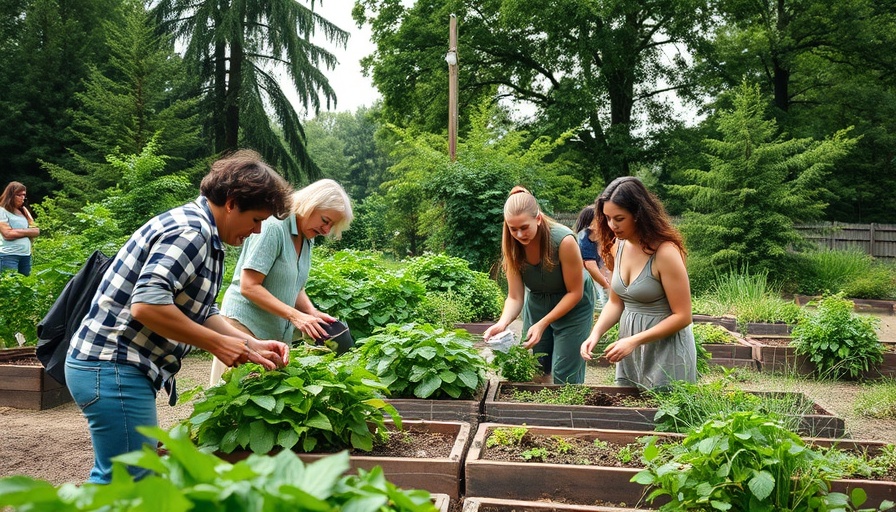
Fashion Waste’s Impact on Ghana’s Vital Wetlands
In a stark warning for eco-conscious investors and boutique hotel operators, a recent investigation by Unearthed and Greenpeace Africa has uncovered troubling truths about discarded clothing by UK fast fashion brands infiltrating protected areas of Ghana. The Densu Delta Ramsar Site, known for its rich biodiversity and ecological value, has become a dumping ground for clothing from brands including Marks & Spencer, George at Asda, and Zara, posing significant risks not only to local wildlife but also to the integrity of conservation efforts.
A Growing Crisis in Textile Waste
Every week, Ghana receives approximately 15 million items of discarded clothing, making it the world’s largest dumping ground for UK textile waste. In 2024, the UK alone exported around 57,000 metric tons of clothing waste to Ghana. The Kpone landfill in Accra, initially designed to serve for eight to ten years, reached capacity in just five years due to this influx of textile waste. The consequences have been dire: a methane explosion from trapped clothing waste recently burned for eight months, further elevating environmental concerns.
The Ecological Dangers of Synthetic Fibers
Investigations reveal that nearly 90% of the discarded clothing consists of synthetic fibers, which can take hundreds of years to decompose, releasing microplastics into the surrounding ecosystems and harming wildlife. The Densu Delta area, home to endangered species such as turtles, now faces the double threat of waste dumping and pollution. Eric Atta-Kusi, wetlands operations manager at Ghana’s Forestry Commission, acknowledges that this practice violates international conservation protocols, jeopardizing both local fauna and flora, as well as water quality.
Connections to Boutique Hospitality and Eco-Conscious Practices
For boutique hospitality professionals, understanding the implications of this waste crisis is essential. As small-scale hotel owners, eco-lodge operators, and Airbnb hosts strive to maintain sustainability in their operations, the impact of fast fashion on local environments cannot be overlooked. Educating guests about fashion waste and offering eco-friendly alternatives, such as leather alternatives or sustainable textiles, becomes paramount to align business practices with responsible tourism.
Long-term Solutions and Actionable Insights
Addressing this crisis requires both immediate action and long-term strategies. Boutique hospitality professionals can lead by example through initiatives like chaos gardening, which encourages local flora to thrive amidst urban settings, thus replacing pollution with greenery. Incorporating educational programs about the consequences of fast fashion into guest experiences can raise climate awareness and promote a culture of sustainability. By offering insights into local environmental efforts, such as the fight against microplastics and the restoration of coral reefs, businesses can create a narrative that resonates with eco-conscious travelers.
Final Thoughts on the Role of Nonprofits and Community Initiatives
It is also crucial to collaborate with local nonprofits and governmental bodies to support initiatives aimed at reducing textile waste and improving waste management practices. As boutique hospitality professionals become advocates for sustainable solutions, creating partnerships with organizations that focus on restoring nature reserves can lead to meaningful contributions towards environmental conservation.
As the Densu Delta Ramsar Site becomes overwhelmed by the consequences of fast fashion, it’s a wake-up call for the boutique hospitality sector. By understanding and addressing these challenges, the industry can play an essential role in shaping a sustainable outlook for the future.
 Add Row
Add Row  Add
Add 




Write A Comment